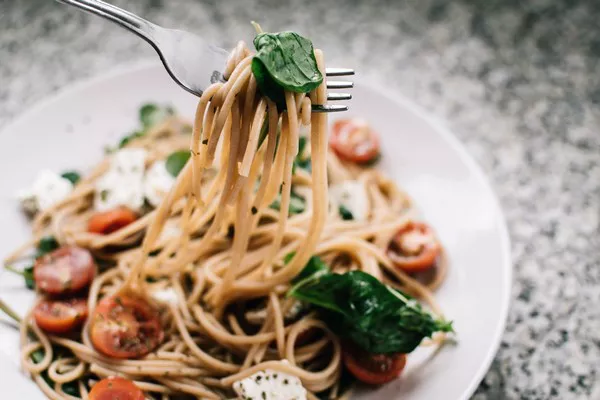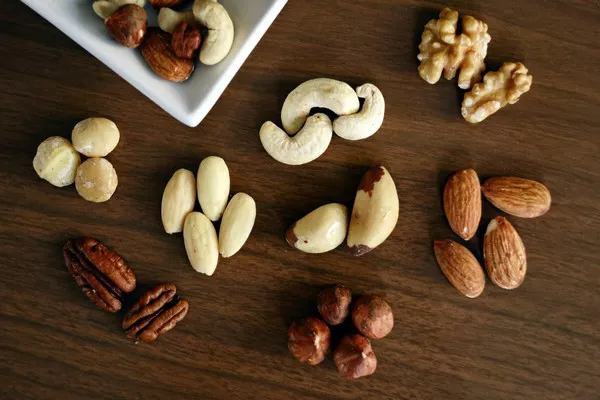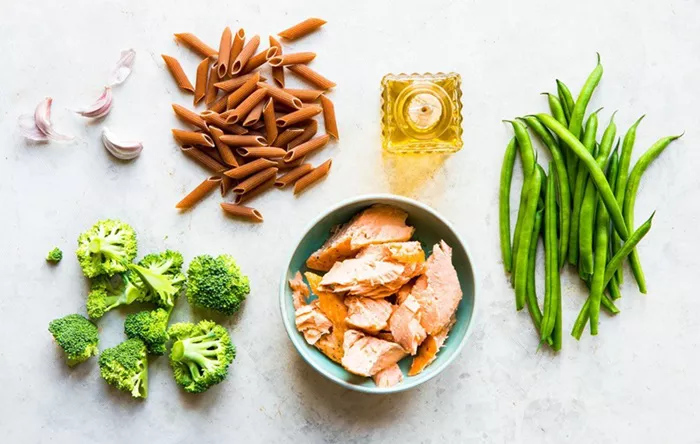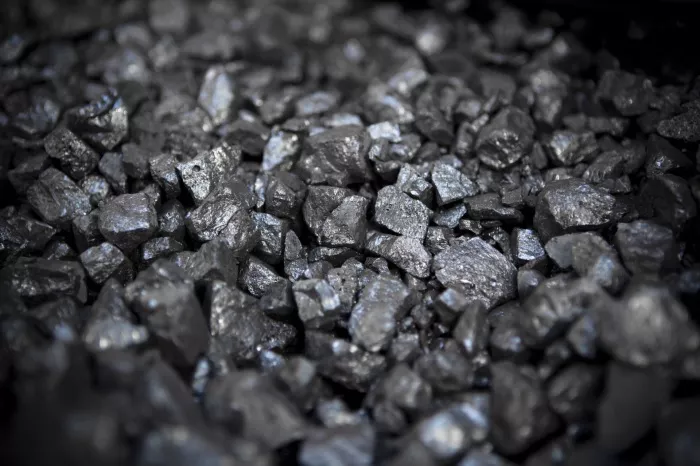Maintaining a balanced diet that includes an adequate protein intake while managing caloric intake is a cornerstone of a healthy lifestyle. For individuals aiming to lose weight, build lean muscle mass, or simply make more mindful dietary choices, identifying foods that are rich in protein yet low in calories is essential. In this article, we delve into the world of high-protein, low-calorie foods, exploring their benefits, nutritional considerations, and incorporating them into a well-rounded diet.
The Protein Advantage: Why Protein Matters
Protein is a fundamental macronutrient that serves as the building block for tissues, muscles, enzymes, hormones, and even immune system components. Incorporating protein-rich foods into your diet offers numerous advantages, including:
1. Weight Management: Protein has a high thermic effect, meaning the body expends more energy to digest and process it. This can boost metabolism and aid in weight management.
2. Muscle Maintenance and Growth: Protein is crucial for repairing and building muscle tissue, making it indispensable for athletes and those engaging in strength training.
3. Satiety and Appetite Control: Protein-rich foods can increase feelings of fullness and satiety, potentially reducing overall calorie intake and aiding weight loss efforts.
4. Blood Sugar Regulation: Protein helps stabilize blood sugar levels by slowing down the digestion and absorption of carbohydrates, preventing spikes and crashes in energy levels.
SEE ALSO: Protein’s 9 Roles in Enhancing Your Body’s Vital Functions
High-Protein, Low-Calorie Foods: Making Smart Choices
When selecting foods that are both high in protein and low in calories, it’s important to consider the nutritional quality, variety, and overall dietary context. Here are some categories of foods that fit this profile:
1. Lean Meats and Poultry
Lean cuts of meat and skinless poultry are excellent sources of high-quality protein. Examples include chicken breast, turkey, lean cuts of beef, and pork tenderloin. These options are not only rich in protein but also relatively low in calories and saturated fats.
2. Seafood
Fish and seafood offer a double benefit of protein and healthy omega-3 fatty acids. Options like salmon, tuna, cod, and shrimp are not only nutrient-dense but also provide heart-healthy fats that support cognitive function and reduce inflammation.
3. Eggs
Eggs are a versatile protein source that is also low in calories. They contain all essential amino acids, making them a complete protein. Incorporate boiled eggs, omelets, or egg-based dishes for a protein-packed meal.
SEE ALSO: Protein Content in Boiled Eggs: A Nutritional Guide
4. Greek Yogurt
Greek yogurt is notably higher in protein compared to regular yogurt. It’s an excellent option for a protein-rich snack or as a base for smoothies, parfaits, and dressings.
5. Cottage Cheese
Cottage cheese is a dairy product that offers a substantial amount of protein with relatively few calories. It can be enjoyed on its own or incorporated into both savory and sweet dishes.
6. Tofu
Tofu is a versatile plant-based protein that can be used in various dishes, from stir-fries to smoothies.
7. Tempeh
Another plant-based protein, tempeh, offers a unique texture and is rich in protein and nutrients.
8. Lentils
Legumes like lentils are not only high in protein but also provide dietary fiber, aiding in digestion.
9. Chickpeas
Chickpeas are a versatile ingredient, used in dishes like hummus and salads, providing both protein and fiber.
10. Black Beans
Black beans are rich in protein and can be used in various savory and sweet recipes.
11. Edamame
These young soybeans are a protein-packed snack and can also be added to salads and stir-fries.
SEE ALSO: Vegetable Protein: Sources & Nutritional Value & Intake
12. Quinoa
Quinoa is a whole grain that stands out for being a complete protein, containing all nine essential amino acids. It’s a great alternative to refined grains and can be used in salads, bowls, or as a side dish.
13. Cauliflower
This non-starchy vegetable surprisingly offers a decent amount of protein in relation to its low calorie content.
14. Broccoli
Another nutrient-rich vegetable, broccoli, contains protein along with various vitamins and minerals.
15. Spinach
Leafy greens like spinach are low in calories and provide a moderate amount of protein.
16. Asparagus
Asparagus is a low-calorie vegetable that offers a small but notable protein content.
17. Skinless Turkey or Chicken Sausages
These can be a flavorful, lower-calorie option compared to traditional sausages.
18. Seitan
This wheat gluten-based protein source is often used as a meat substitute and is relatively low in calories.
19. Whey Protein Powder
Whey protein powder can be added to smoothies or recipes to increase protein intake without many extra calories.
20. Canned Tuna (in Water)
Canned tuna is a convenient protein source that’s low in calories.
21. Non-Fat or Low-Fat Cheese
These options provide protein with reduced fat and calories compared to full-fat versions.
Considerations for Balancing Protein and Caloric Intake
While incorporating high-protein, low-calorie foods into your diet offers numerous benefits, it’s crucial to maintain a balanced approach. Nutritional variety is essential to ensure you’re meeting all your body’s needs. Here are some key considerations:
1. Portion Control: Even low-calorie foods can contribute to excess caloric intake if consumed in large portions. Be mindful of portion sizes to avoid overeating.
2. Dietary Diversity: A well-rounded diet includes a variety of nutrients from different food groups. Incorporate fruits, vegetables, whole grains, healthy fats, and lean proteins for optimal nutrition.
3. Individual Goals: Tailor your diet to your specific goals, whether it’s weight loss, muscle gain, or overall health. Consulting a registered dietitian can provide personalized guidance.
4. Hydration: Adequate hydration supports digestion, metabolism, and overall well-being. Water-rich foods, like fruits and vegetables, can contribute to your fluid intake.
Incorporating High-Protein, Low-Calorie Foods into Your Diet
Achieving a balanced and nutritious diet involves smart meal planning and thoughtful choices. Here are some strategies to incorporate high-protein, low-calorie foods into your daily meals:
1. Meal Prepping: Prepare meals and snacks in advance to ensure you have convenient access to nutritious options throughout the week.
2. Smart Snacking: Opt for protein-rich snacks like Greek yogurt, cottage cheese, or a handful of nuts to keep your energy levels stable between meals.
SEE ALSO: High-Protein Snacks: A Guide to Boosting Nutrition and Satiety
3. Protein-Packed Breakfasts: Start your day with a protein-rich breakfast, such as scrambled eggs with veggies or a smoothie made with Greek yogurt and fruits.
4. Salads with Protein: Enhance your salads with lean proteins like grilled chicken, tofu, or beans for a satisfying and nutrient-dense meal.
5. Balanced Plates: Create balanced meals by combining lean proteins with whole grains and plenty of vegetables. This combination promotes fullness and provides a range of nutrients.
Conclusion
Balancing protein intake and calorie consumption is essential for overall health and wellness. Incorporating high-protein, low-calorie foods into your diet offers a multitude of benefits, from supporting weight management to promoting muscle growth and satiety. By making informed choices and adopting strategies that align with your goals, you can create a dietary plan that optimizes nutrition and contributes to your well-being. Remember that individual nutritional needs vary, and consulting a healthcare professional or registered dietitian can provide personalized guidance on crafting a diet that suits your lifestyle and preferences.
[inline_related_posts title=”Related Topics” title_align=”left” style=”list” number=”3″ align=”none” ids=”1807,1771,1766″ by=”categories” orderby=”rand” order=”DESC” hide_thumb=”no” thumb_right=”no” views=”no” date=”yes” grid_columns=”1″ post_type=”” tax=””]





























